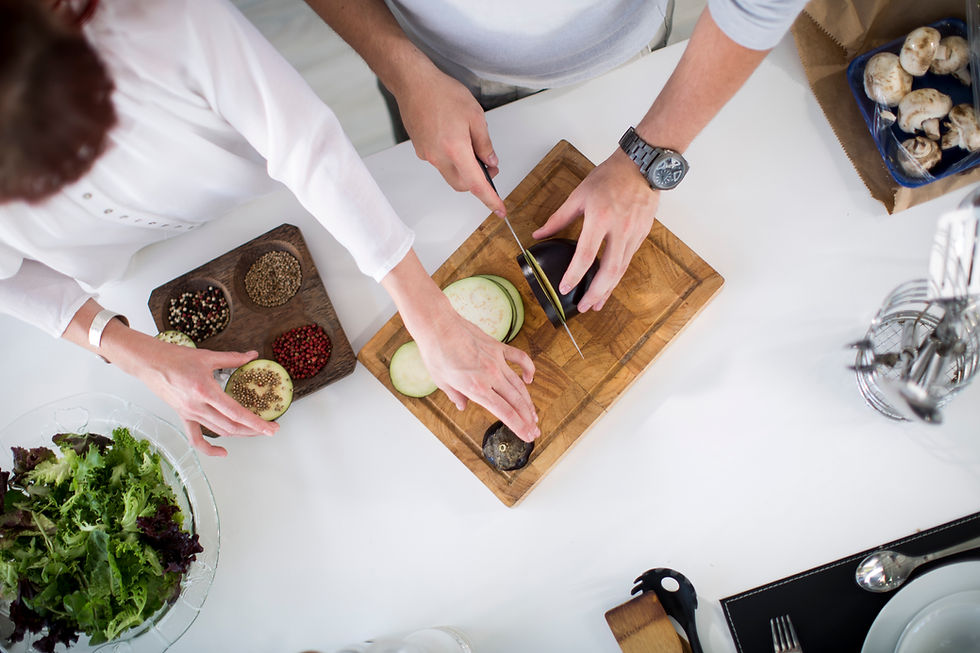Easy Tips for Food Conservation at Home
- Sia and Simi Gandhi

- Mar 12, 2019
- 1 min read
Updated: Aug 31, 2020
Looking for easy ways to conserve food at home? Here are some easy ways to conserve food in a family or by yourself:
1) Weigh your waste.

2) Make only the amount of food your family will eat.

3) Make a family compost.


Comments